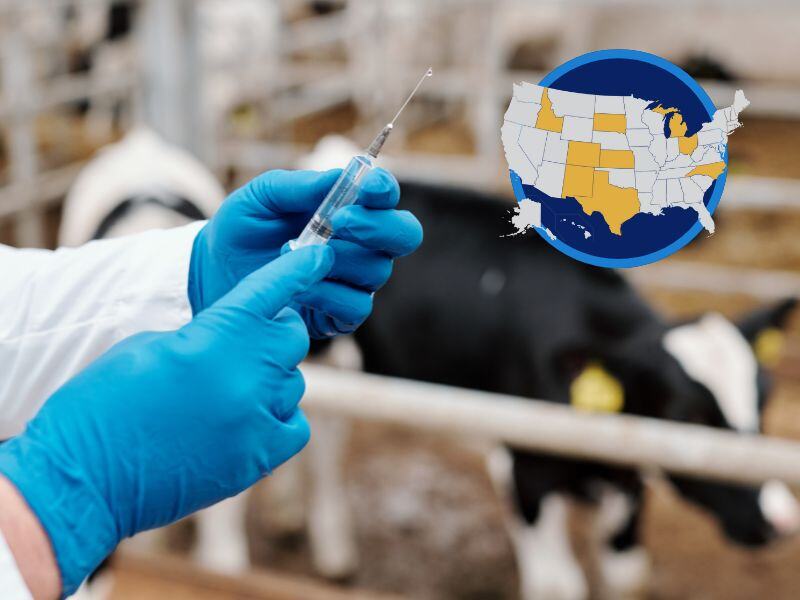MIT Team Create AI-Generated Universal COVID Vaccine

Whilst the current COVID-19 situation is drastically better than it was three years ago, the emergence of new variants still raises concerns about the effectiveness of existing vaccines. However, MIT researchers have now developed a potential solution - an AI-generated universal COVID vaccine designed to protect against all variants of the virus. The vaccine was developed using AI algorithms, and despite only having early results so far, they are still highly encouraging.
Existing COVID vaccines, such as those produced by Moderna and Pfizer, prime the immune system to produce antibodies which neutralise the virus’ spike proteins to prevent a full-blown infection. However, the spike proteins are prone to mutation, leading to the emergence of highly transmissible variants such as Delta and Omicron.
To combat this, the MIT team took a different approach - activating the part of the immune system that produces killer T cells to attack infected cells. Unlike pre-existing COVID vaccines, activating T cells will not be able to prevent infection altogether, but they should sufficiently stimulate the immune system to prevent severe illness and death.
- The EMA’s Vaccines Working Party: The New Authority on Vaccines
- How AI is Changing the Game for Protein Design
- Biocon’s Biosimilar Difficulties: Successive FDA Rejections Don’t Inspire Hope
In a paper published in early March, the research team explained how they wanted to target viral proteins, which are less likely to mutate as new variants arise compared to spike proteins. They used machine learning algorithms to identify those proteins that are unlikely to be subject to mutation. These algorithms allowed researchers to narrow a list of thousands of proteins down to about 30.
To test efficacy, the MIT team inoculated mice with the new vaccine and then infected them with the Beta variant of the COVID-19 virus. While the mice did fall ill, they did not die. They also exhibited a robust immune response thanks to the vaccination, with some lung samples showing up to 24% T cell response. While the vaccine's effectiveness against only one variant may seem like a low bar to meet, it does meet the threshold for further testing in animals and humans.
The possibility presented by this study in the development of an AI-generated universal COVID vaccine is a significant step forward. As a universal vaccine, it has the capacity to protect from the whole spectrum of current and future COVID variants, eliminating much of the uncertainty about whether a transmissible mutation will launch us back into another lockdown. The MIT team’s work also has particularly significant implications for individuals who are unable to produce neutralising antibodies, as it highlights the potential for alternative means of protection against highly transmissible infections.
Moreover, the use of AI algorithms in the design process of this vaccine is highly significant. It demonstrates the potential for new AI tools to help design disease treatments. As Brandon Carter, a PhD student at MIT and lead author on the paper, said, “this study offers proof in a living system, an actual mouse, that the vaccines we devised using machine learning can afford protection from the COVID virus.”
Join Oxford Global’s annual Biologics UK: In-Person event today. This 3-day conference brings together a panel of prominent leaders and scientists, sharing new case studies, innovative data, and exciting industry outlooks.
Get your weekly dose of industry news here and keep up to date with the latest ‘Industry Spotlight’ posts. For other Biologics content, please visit the Biologics Content Portal.









